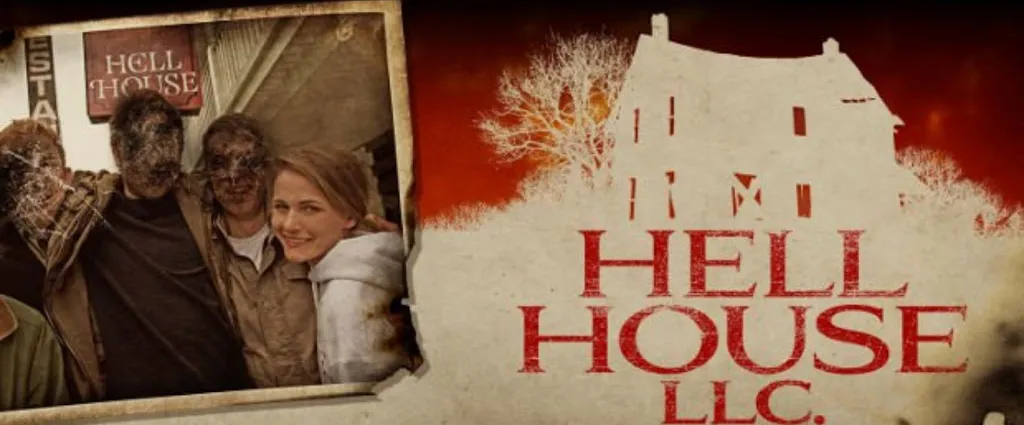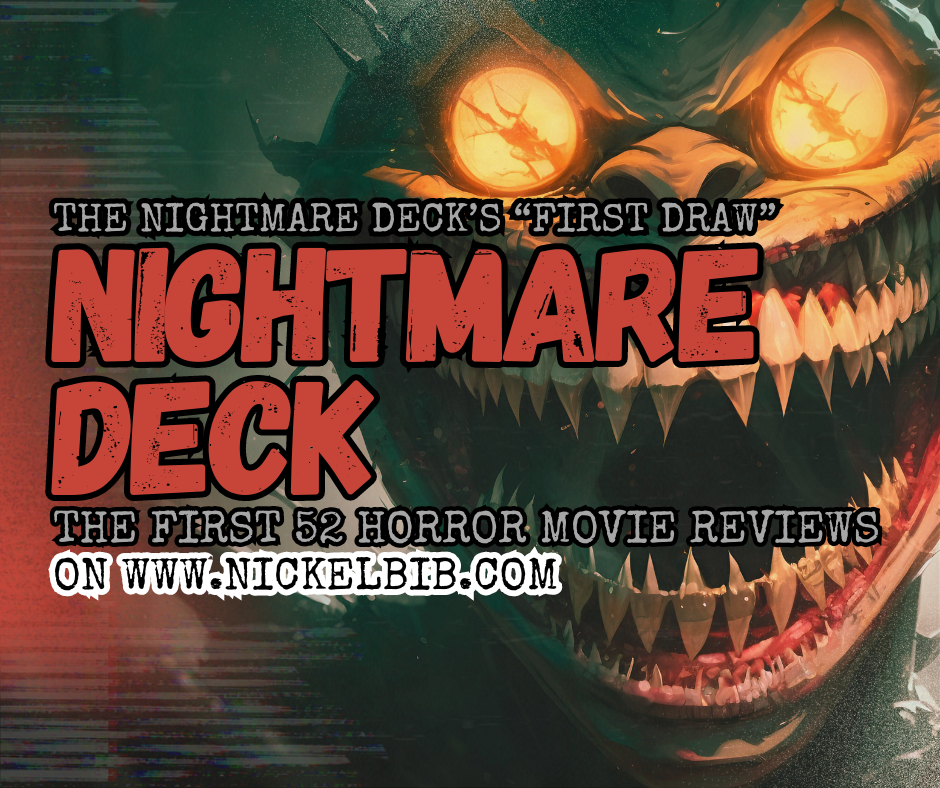Like many of you reading on Nickelbib, the Toy Story series is one I’ve coveted for as long as I can remember. As well as this, like many others, I couldn’t entirely say I was on-board with Pixar’s decision to create a fourth film. It wasn’t a belief I held out of disdain or dislike, but out of contentment. After the credits rolled on Toy Story 3, I felt Pixar had completed a nearly perfect trilogy of films, closing the storybook in as satisfying of fashion as I could have imagined. Andy had grown-up with so many of us, and now, he tipped his hat to his beloved toys, allowing them to continue serving their purpose with a new child. The story felt very taut and tidy, and completed itself in a satisfactory fashion. I didn’t feel like there was need for a new film. I loved Finding Nemo, for instance, but I also believed it had said everything it needed, whereas Finding Dory, made me recall the direct-to-DVD sequels Disney would make, albeit with a much, much higher production budget. Sometimes I believe when a story runs its course, no matter how much it might leave viewers yearning for more, there’s admirability and strength in allowing characters and a story to have a proper farewell. Toy Story, I believe, had that.
Regardless, when Toy Story 4 was announced, despite my concerns, I allowed myself to become excited. When the reviews came crashing in, boasting Toy Story 4 as another immaculate feather in the series’ cap, I arrived at the movie-theater ready to be swept away. After all, the toys were back in town. Does Toy Story 4 warrant its stay and breathe new life in the series or does it amount to a retread, coasting on its familiarity? Here are my thoughts …
Toy Story 4 begins with a flashback that shares the fate of Bo Peep, a character who had a significant role in the original film but was unaccounted for in proceeding sequels. Given away by Molly, none of the original gang had seen her since then; to the distraught of Woody, most of all. Since then, Woody, Buzz, and the rest have found a new owner: a young girl named Bonnie. Things seem like they’re going well, but Woody finds himself discontent and bothered by a lack of purpose. Where Andy celebrate Woody as his favorite, Bonnie, on the other hand, prefers to play with her other toys. While Woody has matured a lot since the early days of the series, it’s still difficult for him to cope with not feeling needed.
During her first day of school, Bonnie is upset and scared, which causes Woody to sneak into her backpack to accompany her. On her first-day, Bonnie creates her very own toy, a strewn together creation, aptly named Forkie. Bonnie loves the toy, letting it console her, but Forkie is hesitant about being a child’s plaything, to say the least. Seeing how important Forkie is to Bonnie, Woody tasks himself with protecting Forkie, who seems eager to return to the trash-bin he was found. In a journey that sees Woody and Forkie lost, trying to return to Bonnie, Woody sees himself targeted by other toys and reached out to by old acquaintances. He’s also forced to tackle his struggle with self-worth head-on.
The film has a lot of different storylines, but most of Toy Story 4 is rooted around Woody and his journey. As expected, the animation remains top-notch and the voicework from the talent involved is admirable, especially from Tom Hanks in the main role. Something Pixar has managed to walk the balance-beam on as far as the Toy Story series is concerned, is the way nothing ever seems to feel like a retread. Whereas other franchises would resort to rehashing old plot-threads or coasting off novelty, the Toy Story series is the rare pull-string toy that always has something new and different to say.
This doesn’t mean everything is said with careful consideration or every step taken is with the best foot forward, however. Although other familiar faces from the series are afforded subplots, their contribution can often feel arbitrary or workman-like. They often feel like they’re allowed screen-time for who they were and what they once meant to the series, and not because they mean anything or contribute anything to this film. One of the biggest examples of that is through Buzz Lightyear’s character, who receives a considerable amount of screen-time, but is given so little unique or interesting to say. Instead, he handles comic-relief for a film that already had a lot of comic-relief, worse yet, however, is how rarely the humor hits its mark.
The same can be said about Forkie, an intriguing character – he asks the question of what it means to be a toy and shows the answer to that is through the eyes of the child. His character isn’t fleshed out enough to really go the distance, with his character reduced to cracking jokes with diminishing returns. Or Duke Caboom, for that matter, a character voiced by Keanu Reeves, that strikes various poses, and not much else.
Toy Story 4 has several interesting questions but doesn’t supply enough consideration to what it’s trying to ask. Bo Peep has found a life without a kid to play with her, and although it had been such a taboo in the series, she has found fulfillment and liberation. Gabby Gabby is a 1950s pull-string doll that has never had the chance to be loved by a child and is desperately looking for that affection. Meanwhile, Woody is somewhere smackdab in the middle of them; uncertain and befuddled. Those ideas never feel as though they’re allowed to mature and blossom to anything beyond their initial concepts. I honestly feel like they could have drawn both storylines out in a Toy Story 4 and 5, respectively.
Gabby Gabby roams a creepily animated antique shop, backed by creepy ventriloquist dummies, and while I think the idea had a lot of potential, I found her development and eventual resolution unfulfilling and rushed. I could envision an entire film with Woody and Gabby Gabby’s dynamic, but with the idea allowed the chance to breathe. The same could be said about Woody and Bo Peep’s relationship. I would have loved to see a film solely about Woody and Bo Peep roaming cities, rekindling their own friendship, and Woody tackling his emotional struggles in a more complete manner.
Instead, what Toy Story 4 feels like is a lot of ideas wedged together and, in spite of how good they may have been at first, they end up for a bland experience as a result.
There we have it – the unfortunate reality of how I felt about Toy Story 4. I wouldn’t say it was a thoughtless cash-in by any stretch. I believe the film had a lot of inspiration and a lot of unique things to say for itself, but, perhaps in its own ambition, I believe it stretched itself across its means. As many good scenes as there were, I’m left saddened by how many of those scenes I believe could have been great. I found the humor frenetic and ultimately too over-the-top, trying harder to be funny than any Toy Story before it, and yet having far more jokes that fall flat.
I don’t usually see movies with many others, most times, I see them with my fiancée. I watched Toy Story 4 with my fiancée, my mother, my aunt, and three of my nephews. As I stepped out of the theater, the very first thing my fiancée said to me was that it “didn’t have the charm of the previous ones”. When I stepped into the car, my nephew who used to watch the Toy Story movies on repeat everyday when he was littler, told me he didn’t remember the other ones being so “boring”. My mother, quite bluntly said, “that movie sucked.” Personally, I neither thought Toy Story 4 sucked nor did I find that it bored me, but I was disappointed.






GIPHY App Key not set. Please check settings